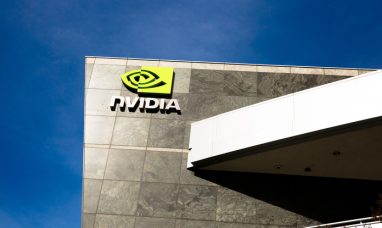Chevron’s (NYSE:CVX) recent acquisition of Hess is set to unlock a substantial $15 billion worth of tax benefits, previously overlooked and consigned to accounting obscurity. This revelation comes as the merged entity strategically utilizes Hess’s past losses to reduce future tax payments, offering the second-largest U.S. oil and gas producer an anticipated boost of hundreds of millions of dollars in additional annual cash flow over the coming years.
The tax shield, a relatively unknown advantage tied to Chevron’s mega-takeover of Hess last month, is expected to play a pivotal role in enhancing Chevron’s financial outlook. Donald Williamson, an accounting professor at American University’s Kogod School of Business, emphasized the significance of these tax benefits in Chevron’s valuation of Hess, stating, “The Hess losses will allow Chevron to lower its tax rate significantly for several years.”
Before the $53 billion all-stock deal, Hess had accumulated over $15 billion in net operating losses from previous years, lying dormant due to low profits and substantial losses incurred during the 2016 oil price crash. Chevron’s Chief Financial Officer, Pierre Breber, highlighted the advantageous position Chevron gained through the merger, leveraging Hess’s past losses to benefit the combined entity.
The tax code, particularly a 1986 reform, imposes limits on the annual application of net operating losses to discourage corporate takeovers solely for exploiting these losses. Williamson explained that, in Chevron’s case, the net operating loss limit against U.S. income taxes could potentially reach as high as $1.93 billion annually.
This limit, when multiplied by the U.S. federal tax rate of 21%, could result in an extra cash flow exceeding $400 million each year for Chevron. While tax experts acknowledge that variations might influence the final amount, this estimate provides a solid starting point.
Critics, including taxpayer advocates, express concerns about these tax benefits, viewing them as potentially undermining the federal budget. Jean Ross, an analyst at the Center for American Progress, commented, “The tax benefits going to Chevron and other U.S. corporations from net operating losses are absolutely undermining our federal budget.” The call for an increase in the corporate income tax rate has gained traction among those concerned about the implications of such benefits.
While corporate tax revenue reached a record $425 billion last year, Chevron’s current U.S. federal tax expense has averaged $40 million annually over the past decade. The recent acquisition aligns with a trend in the industry, with Exxon Mobil also cutting its future tax bill through a $60 billion takeover of Pioneer Resources. However, Exxon CEO Darren Woods downplayed the significance of the tax benefit in their decision-making process, citing its relatively smaller impact.
Featured Image: Unsplash















